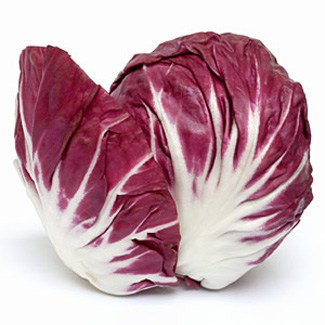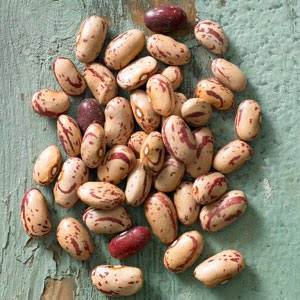The carrot is a root vegetable, usually orange in colour, though purple, red, white, and yellow varieties exist. It has a crisp texture when fresh. The most commonly eaten part of a carrot is a taproot, although the greens are edible as well. It is a domesticated form of the wild carrot Daucus carota, native to Europe and southwestern Asia. The domestic carrot has been selectively bred for its greatly enlarged and more palatable, less woody-textured edible taproot.
It is a biennial plant which grows a rosette of leaves in thespring and summer, while building up the stout taproot, which stores large amounts of sugars for the plant to flower in the second year. The flowering stem grows to about 1 metre (3 ft) tall, with an umbel of white flowers that produce a fruit called americarp by botanists, which is a type of schizocarp.
Health Benefits of Carrot:
- Carrot can enhance the quality of breast milk.
- Carrot can improve the appearance of the skin, hair and nails.
- When taken daily it can lower cholesterol and blood pressure.
- Raw contain beta-carotene, a strong antioxidant that can prevent cancer.
- Carrot juice when taken everyday prevent bodily infections and is claimed to be valuable for the adrenal glands (the small endocrine glands situated above the kidneys).
- Carrot can help improve eyesight.
- Carrot can help increase menstrual flow.
- Carrots can regulate blood sugar.
- Carrot can promote colon health, because carrot is rich in fiber.

